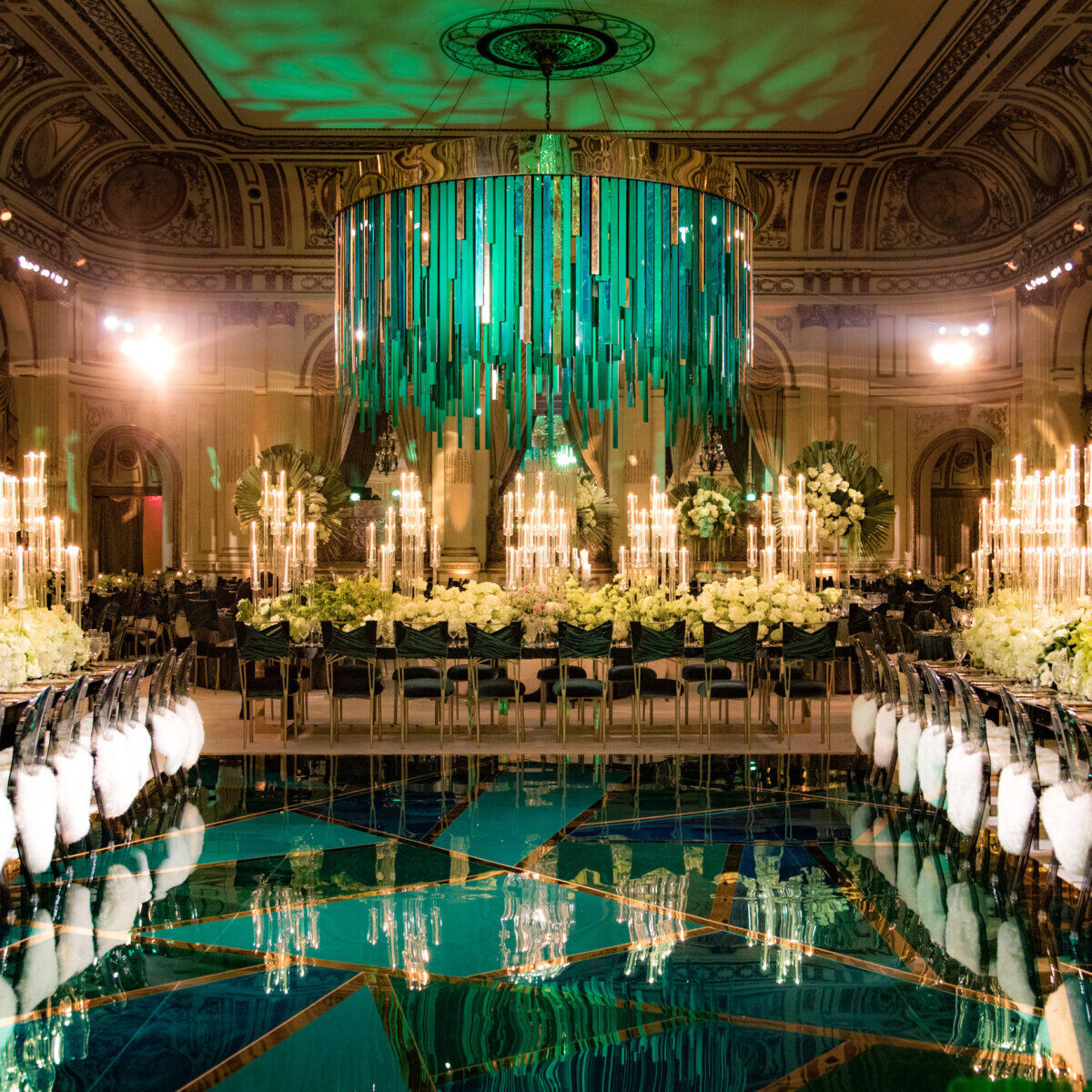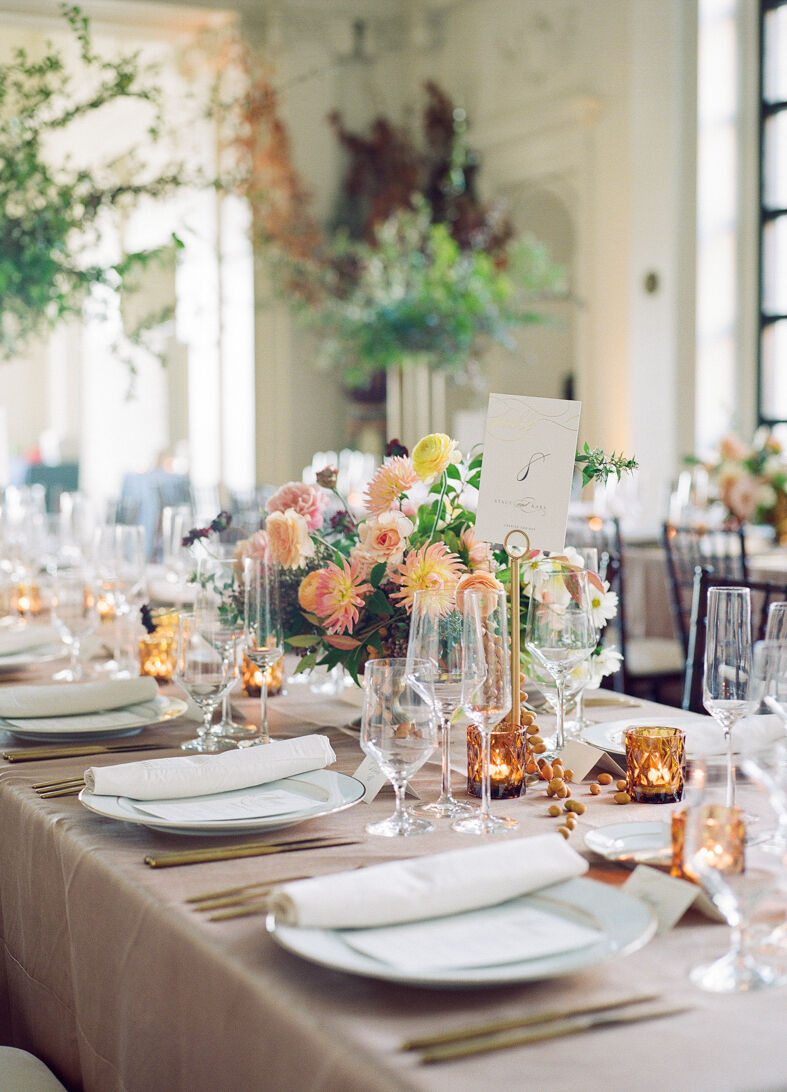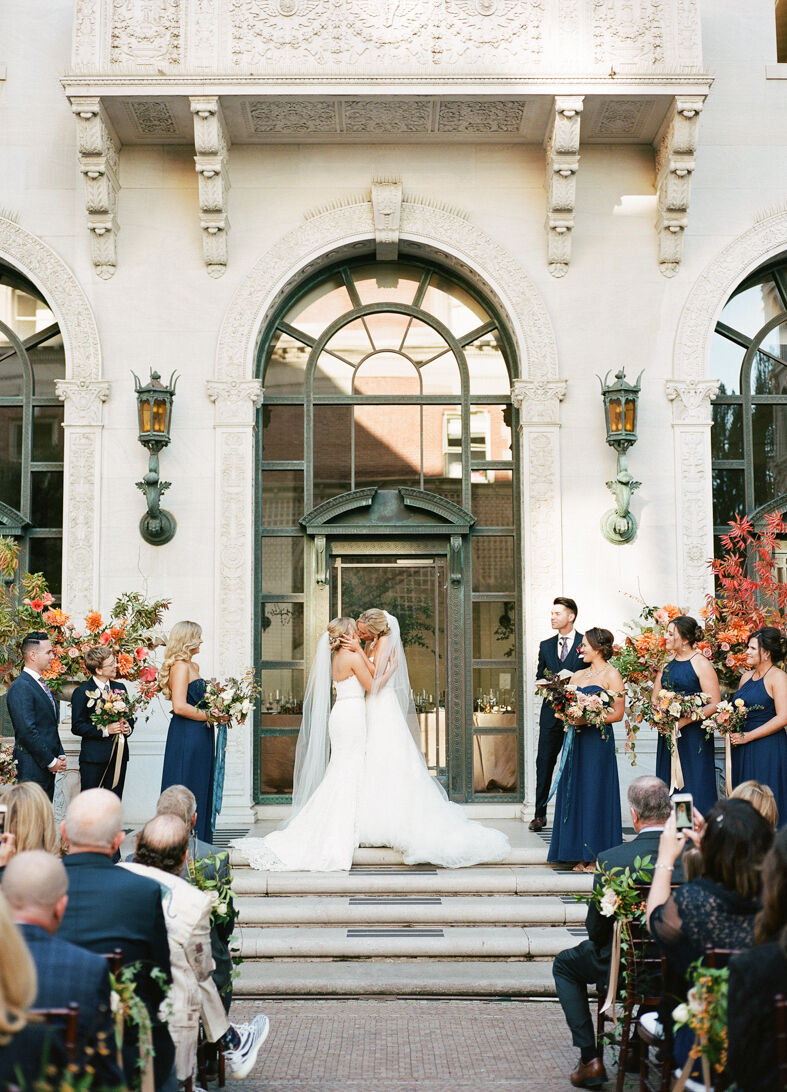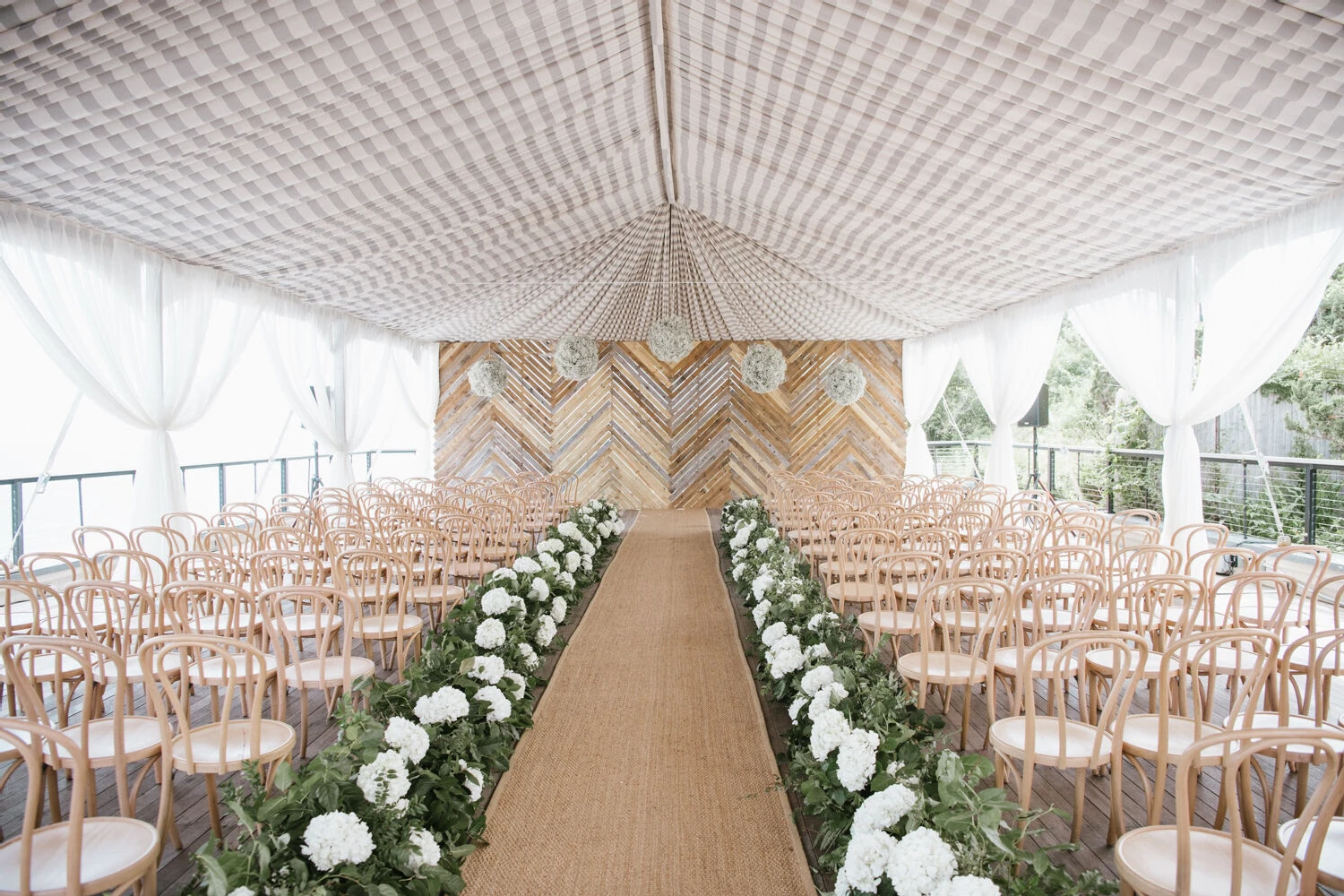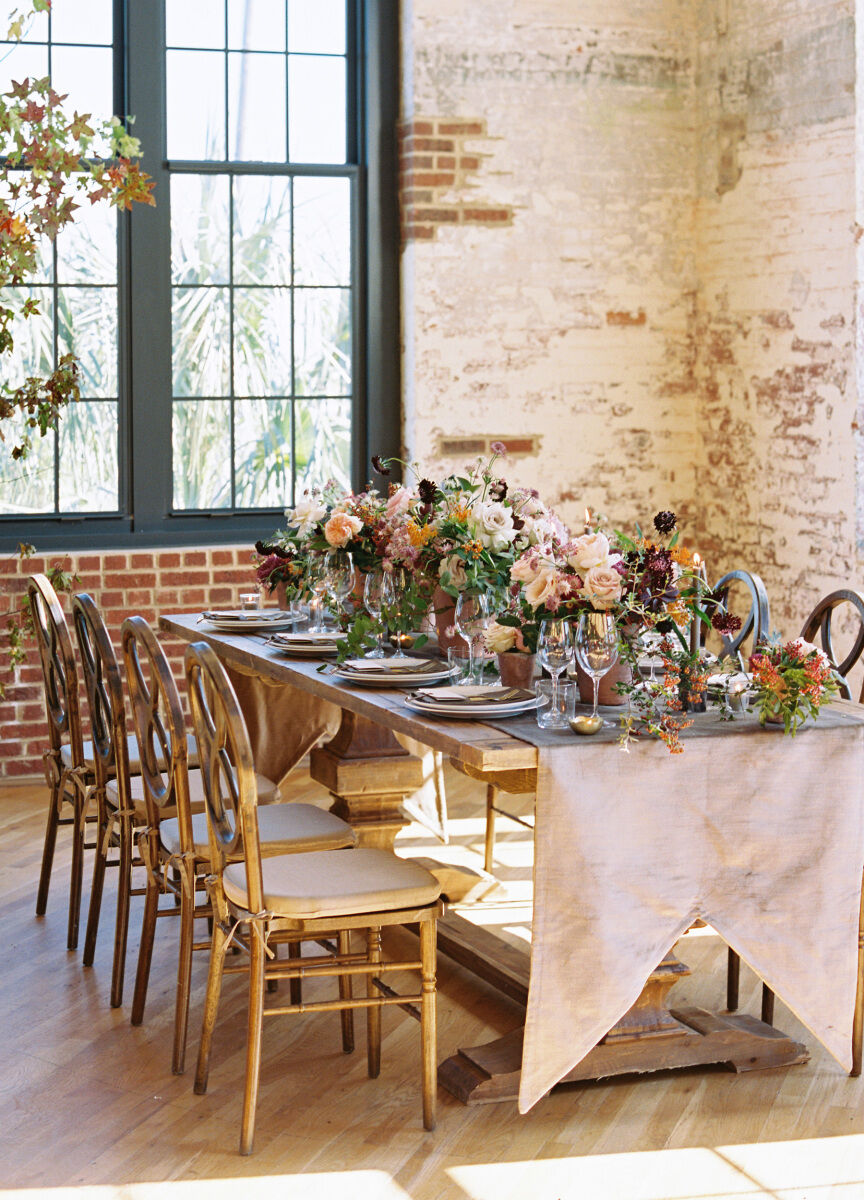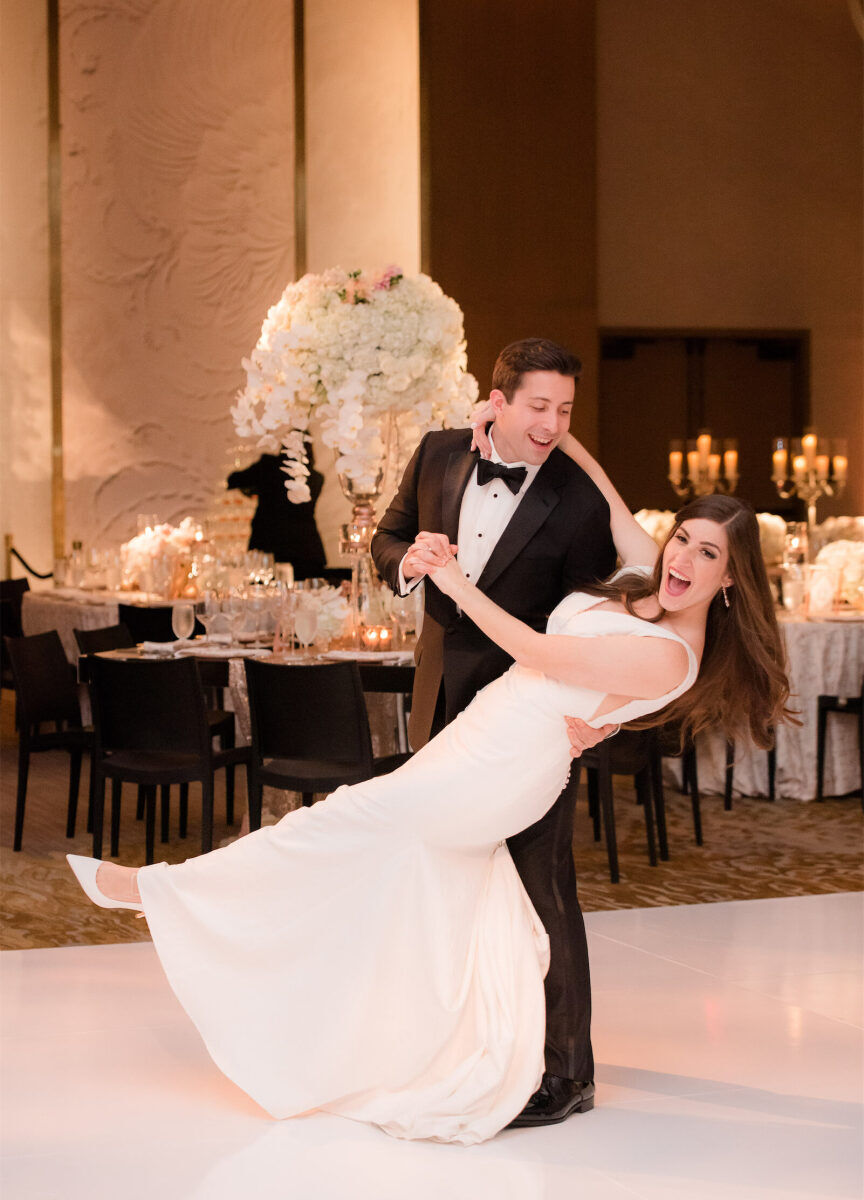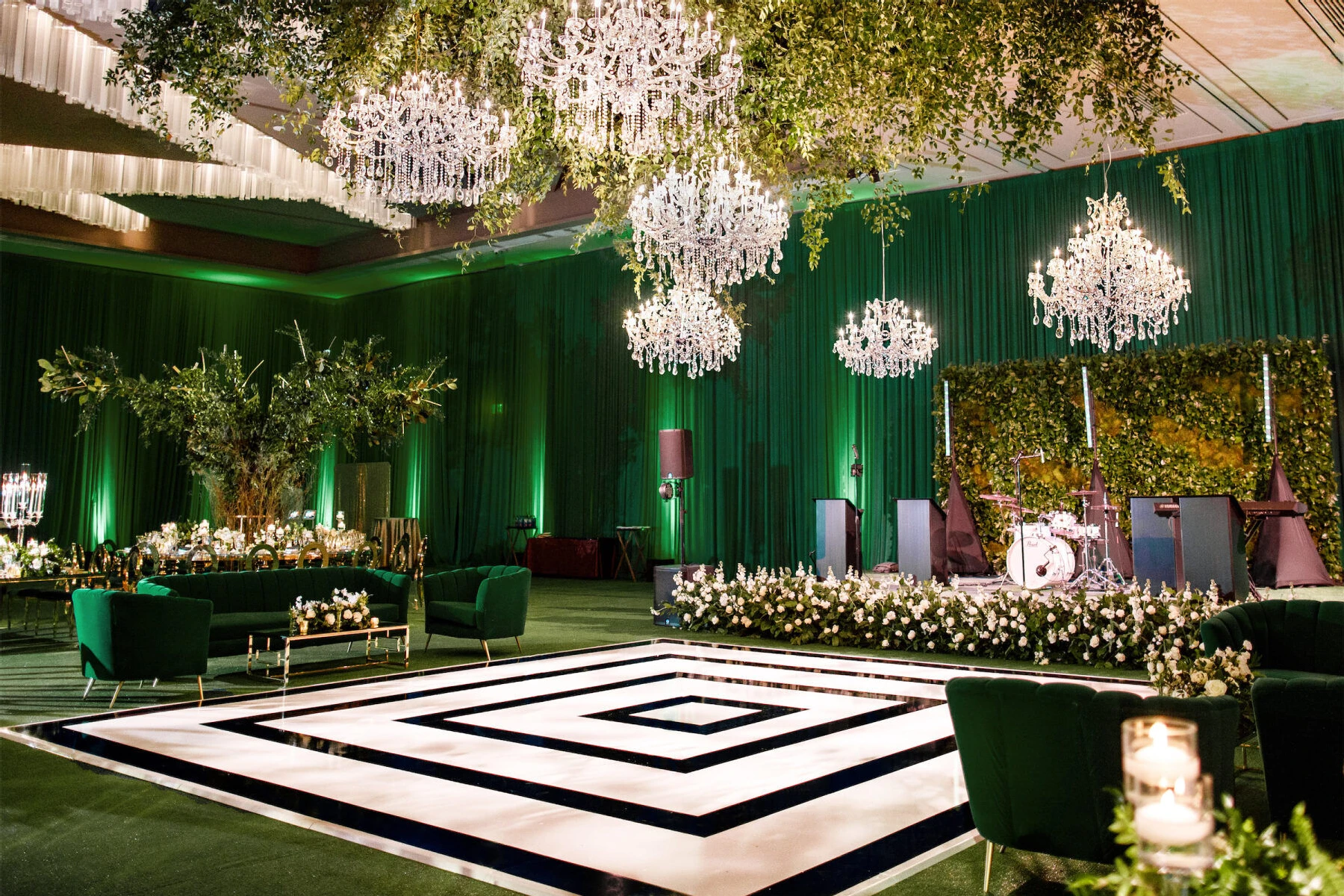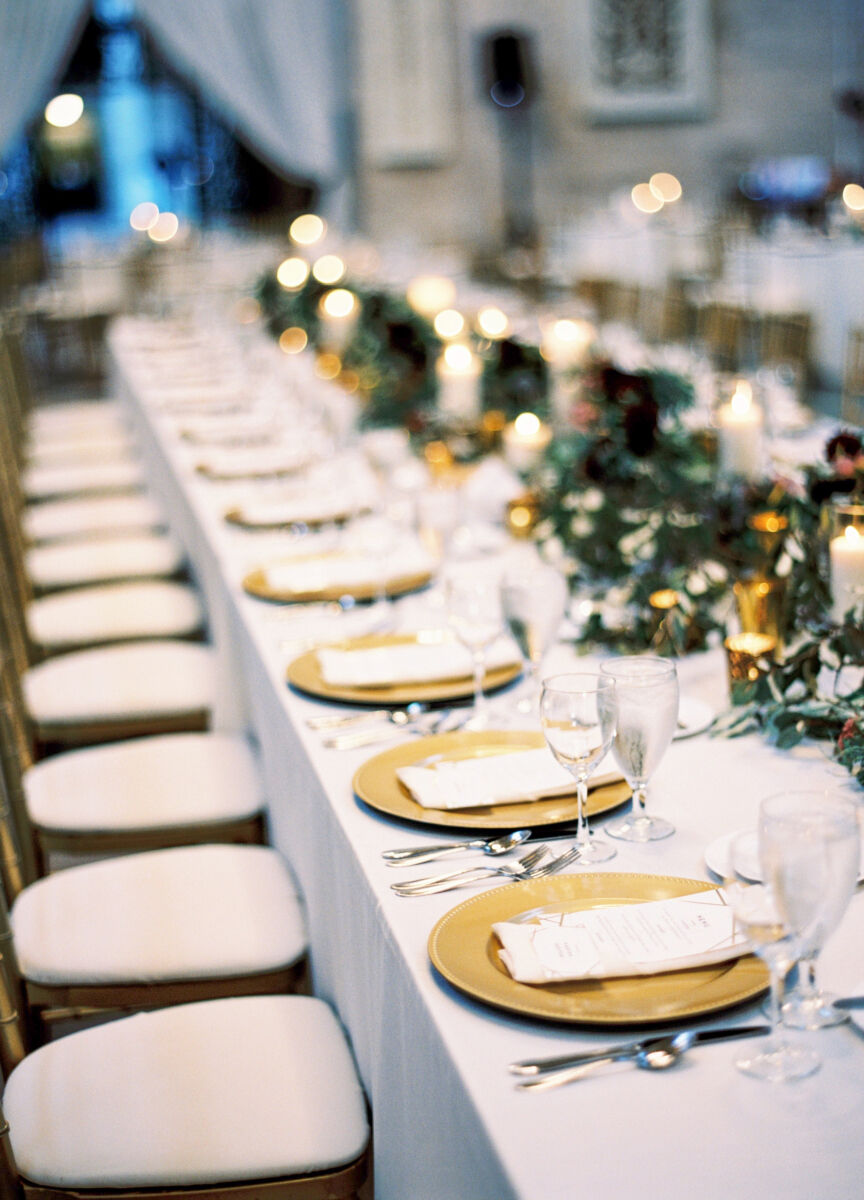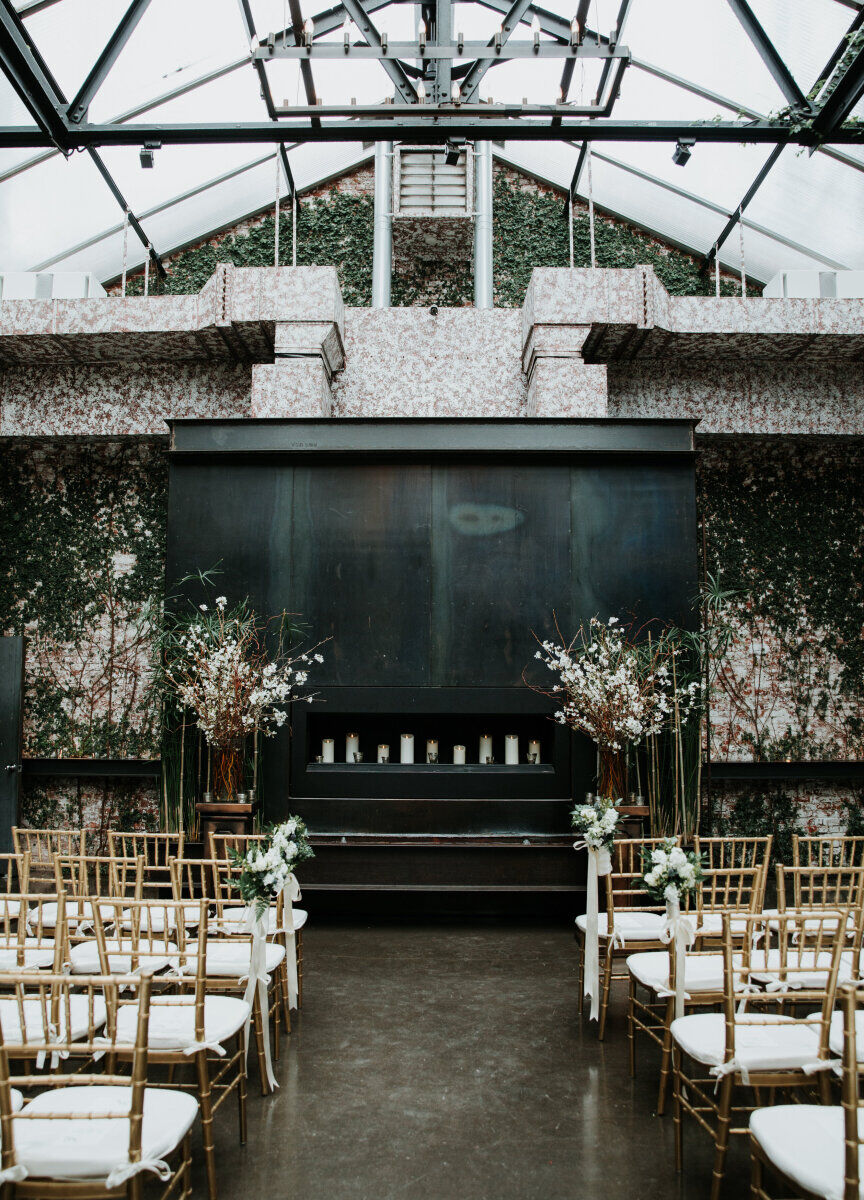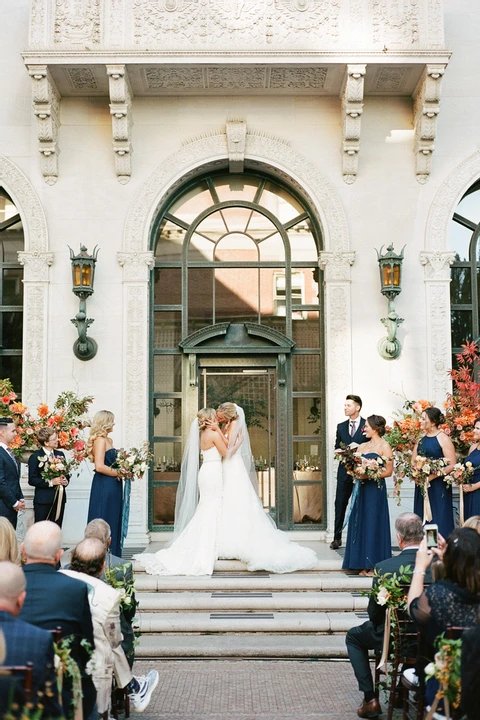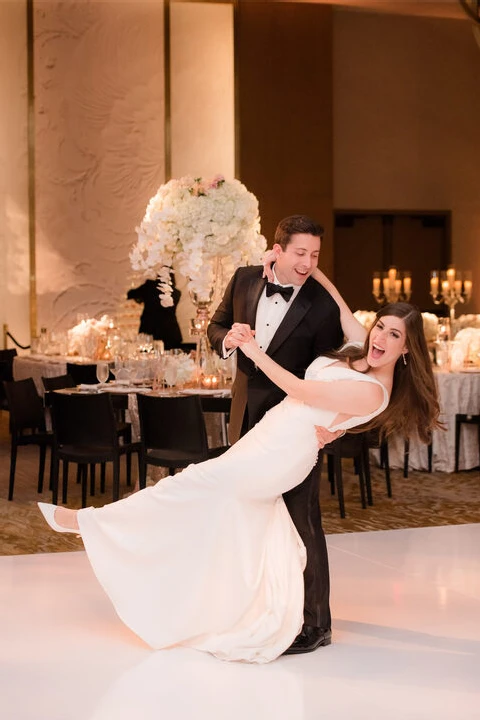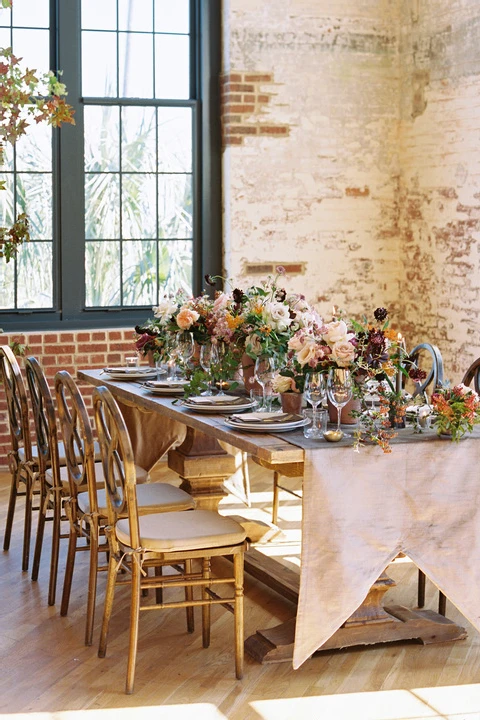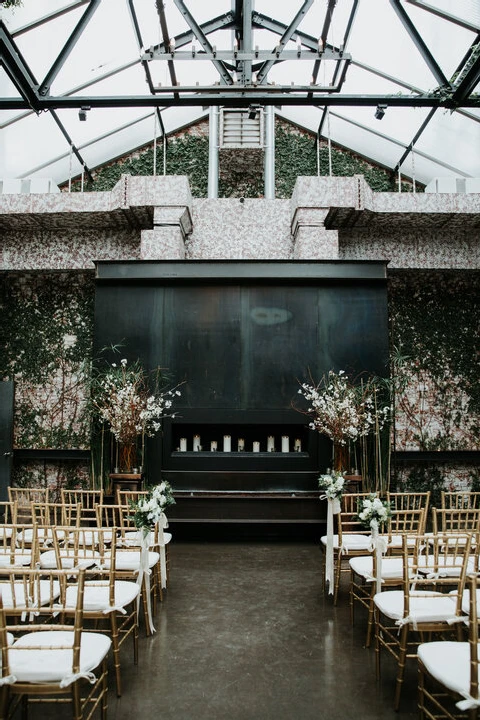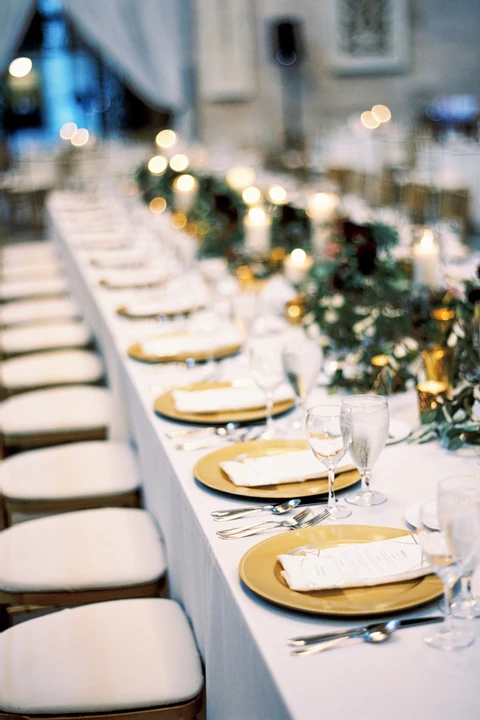3. Find Your Perfect Match
Once you’ve figured out what type of planning services will best suit your needs, it’s time to pick the specific planner or planners to work with. This is the fun part!
Where, exactly, do you start looking for wedding planners? A Google search will turn up an overwhelming amount of options without much context. Instead, a good first step is to ask friends who are married (and whose opinions you trust) if they were happy with their wedding planners and would recommend them. Alternatively, if you know where you want to get married, you can ask your venue of choice if they have any planners (external or in-house) whom they recommend or work with often.
If you don’t have married friends to ask, or a wedding venue in mind, fear not! We’ve spent nearly a decade building relationships with some of the best wedding planners in the business, located all over the world, and our directory of trusted professionals is a great place to start your search. Browse wedding planners in your area—or the area you’re thinking of getting married, if that’s not the same—and see photos of their work. Or, start by looking through our library of wedding galleries—many of which were designed by wedding planners who will gladly travel just about anywhere—see which wedding designs speak to you, then get in touch with the planners who made them come to life.
Since your planner will be involved in so much of the ideation as well as the execution of your event, it’s ideal to bring one on as early as possible. “The recommendation would be at least a year before your wedding date, but most couples are booking their planner a year and a half out,” advises New York wedding planner José Rolón. If you’re already passed the 365-day-countdown mark, don’t panic. Just plan on coming up with a longer list of wedding planners you could be happy with, since your first choice may not be available.
Once you have a short list of candidates, spend some time combing through to pick the few you want to interview. Look at images of weddings they’ve done in the past to make sure you like their vision and style; speak to any friends who recommended them to ask for specifics on how they operate. Consider if you’re attracted to planners who operate on an individual basis, or if you’re more drawn to larger planning shops that have lots of team members and assistants. Now’s your time to do your background research.
To make the most of your interview with those few key candidates, it helps to be prepared and have a list of questions to ask potential wedding planners. Sure, you’re sussing out their personalities to see who will be the best match with yours and your fiance’s, but you’ll also want to inquire about their experiences with weddings of similar scope and style, how they manage all the various elements, how large the team is, and what they’re willing to do for you. Has the planner done a wedding at your venue before? (It can help if they’re familiar with the space and acquainted with the team at the property.) Will he or she help with the after-party, or does that fall out of the scope of work? What about assisting with booking hotel room blocks for out of town guests and transporting them to the ceremony location? Make sure you’re covering your bases so nothing is a surprise. “Don’t jump the gun and hire specific vendors too quickly,” warns Cassy Anderson of Cassy Rose Events. “Do your homework to really find experts who are the best fit for your personality, style and budget.” It’s also perfectly reasonable to ask for a few past client references if you weren’t already referred by one—no one knows how planners operate better than couples who've worked with them in the past!
